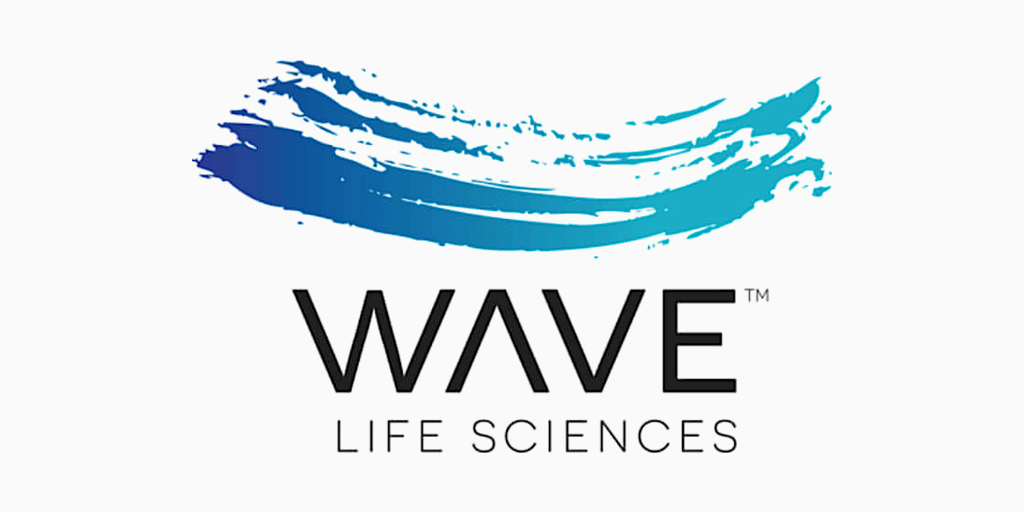
Wave Life Sciences Announces Phase 2/3 Duchenne Muscular Dystrophy Clinical Trial of Suvodirsen (WVE-210201) Selected for FDA Complex Innovative Trial Designs Pilot Program
By Jeanene Swanson | Tuesday, January 8, 2019
On Jan. 3, Wave Life Sciences announced that its upcoming Phase 2/3 clinical trial of suvodirsen (WVE-210201), an investigational therapy for boys with Duchenne muscular dystrophy (DMD) who are amenable to exon 51 skipping, has been selected by the U.S. Food and Drug Administration (FDA) for its complex innovative trial designs (CID) pilot program.
Wave announced positive results of its Phase 1 safety and tolerability trial of suvodirsen last December. Wave’s Phase 2/3 trial will be designed to measure efficacy, safety and dystrophin expression in DMD patients amenable to exon 51 skipping. Currently, an open-label extension (OLE) study of the drug is ongoing, with interim results expected to be announced in the second half of 2019.
CID pilot program
The FDA’s CID pilot program is an initiative under the 21st Century Cures Act, with an objective to improve clinical trial design and help streamline and advance drug development and regulatory approval. In order to qualify for the CID pilot program, companies must propose an innovative trial design with novel elements such as the use of biomarker-enriched populations, complex adaptive designs, and Bayesian models (graphical models that demonstrate probabilistic relationships between diseases and symptoms), among others.
In evaluating submissions, the FDA considers two primary criteria: innovative features of the trial design and therapeutic need. Wave’s application included a plan to leverage DMD historical control data to effectively reduce the number of patients needed in the placebo group, potentially accelerating the completion of the study.
About Duchenne muscular dystrophy
DMD is caused by a mutation in the dystrophin gene on the X chromosome that results in little or no production of dystrophin, a protein that is essential for keeping muscle cells intact. Exon-skipping drugs “skip” a section of genetic code, or exon, to allow the creation of partially functional dystrophin. Approximately 13 percent of DMD patients have a gene mutation that is amenable to therapeutic skipping of exon 51.
Sarepta Therapeutics’ Exondys 51, which targets exon 51, has already been approved by the FDA for DMD treatment. Wave’s suvodirsen is a stereopure oligonucleotide that has been shown in preclinical studies to induce skipping of exon 51 of the dystrophin gene. Wave hopes that the stereopurity of its molecule will allow the drug to be more effective than currently available therapies because it can be given at a higher dose.
For more information about this news, see Wave’s press release.
Disclaimer: No content on this site should ever be used as a substitute for direct medical advice from your doctor or other qualified clinician.




